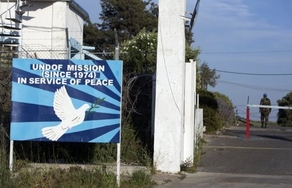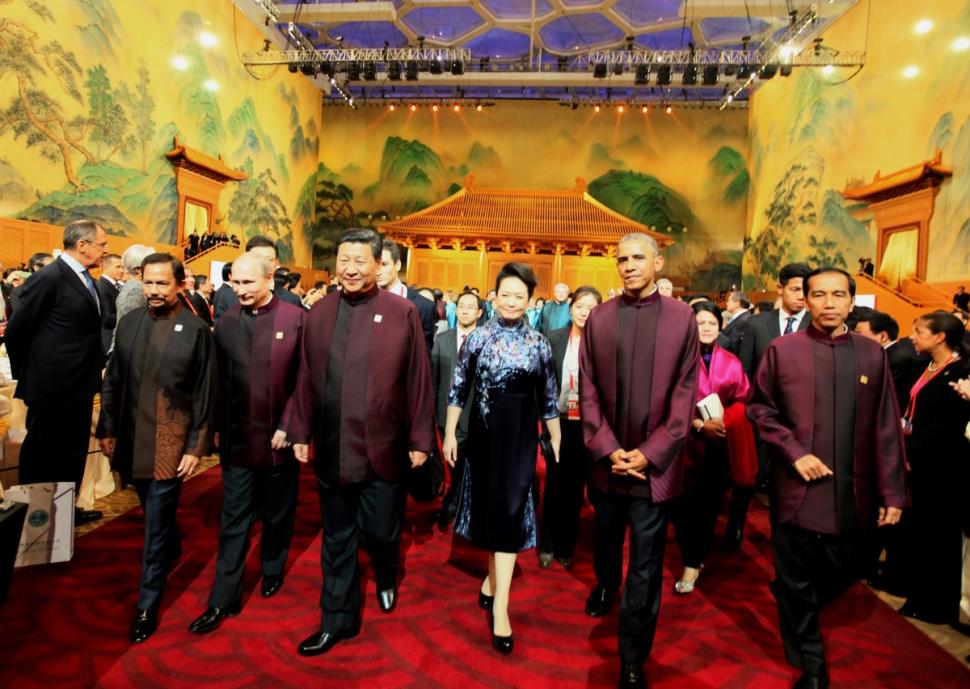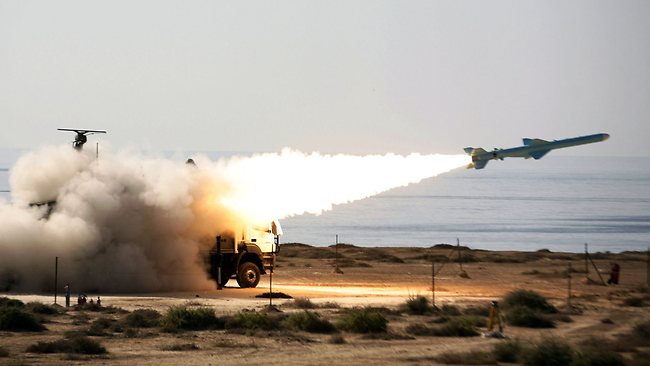As the Syrian crisis continues, there is increasing concern about the disputed Golan Heights. Austria’s UN peacekeepers have begun their withdrawal from the region, following Croatia’s departure in March. This potential flashpoint on the Syrian-Israeli border has maintained a precarious UN-monitored peace since 1974. Despite numerous instances of instability over the years, the Golan Heights has been a site of relative stability. The Syrian conflict has brought this to an end, with mortars landing in the territory and Israeli forces sometimes responding. Even more seriously, Syrian rebels have abducted peacekeepers on three occasions this year. Although this has not resulted is a serious deterioration of territorial peace between Syria and Israel, there is widespread concern about the possible implications of Austria’s exit.
[captionpix align=”left” theme=”elegant” width=”300″ imgsrc=” http://natoassociation.ca/wp-content/uploads/2013/06/golan-2.jpg” captiontext=”The Syrian conflict has complicated what little peace existed in the Golan Heights since UN peacekeeping monitors entered in 1974. What will the future be with Canadian, and now Austrian troops withdrawing?”]
The instability in the Golan Heights exemplifies the regional, and indeed global, significance of Syria’s civil war. The reaction of European peacekeeping missions has revealed a European divide over how to approach the crisis. France and the United Kingdom have been at the vanguard of a Western European effort to support Syria’s rebels and put serious pressure on its government. Other states, including Austria, have adopted a more cautious approach, amidst worries that further Western involvement could complicate the conflict and contribute to further destabilization.
Austria’s withdrawal from the Golan Heights, on the heels of France and the UK’s successful campaign to lift the EU’s Syrian arms embargo, provides a startling illustration of the contradictory approaches adopted by European governments. Although the Austrian government’s decision has been attributed to the deterioration of Syria’s security situation, it seems equally plausible that it is a reaction to the end of the EU’s embargo. It is true that fighting from Syria did encroach upon UN-monitored territory a week before the withdrawal began. However, after the embargo was repealed, Austrian officials announced that they would likely remove their peacekeepers should the UK begin sending arms shipments. Although the UK has yet to officially proceed to that level of involvement, Austria may have concluded that the EU’s decision was reason enough to pull out. Clearly, the circumstances are sufficiently nebulous to invite a variety of interpretations as to why Austria decided now was the time to remove their forces. In all likelihood, the decision is the result of a confluence of the two aforementioned factors, with the recent violence providing an immediate justification for a decision they were already inclined towards.
Although Austria’s decision has been met with tempered criticism and disappointment, it is an understandable reaction to other European states’ decision to override concerns about arming rebel forces in Syria. If the Syrian conflict becomes even more violent and widespread with an influx of rebel armaments, it is Austrian – not British or French – troops who would face the most immediate increased risk. It is telling that one of the European states with the most direct interest in the military stability of the region has remained skeptical of further western involvement. Since other governments have chosen not to heed these concerns, the Austrian government can hardly be blamed for its decision.
These regrettable circumstances are an indictment of the west’s incoherent response to the Syrian civil war. The lack of cohesion in response to the Syrian conflict is more than a clash between hawkish interventionists and their conflict-averse opponents. The skepticism of states like Austria should not be misconstrued as pacifism. International opposition to intervention does not stem from discomfort over the notion that western powers have a right to serve as the arbiters of conflict and governance in the Middle-East – though this would be a timely debate to have. In other words, opposition to intervention is not grounded in questions of legitimacy, but instead matters of efficacy.
If this impasse is to be overcome, it is up to those who support increased western involvement to provide a compelling articulation of their objectives and why a direct or indirect intervention would be the best way to achieve them. This has proven to be a difficult task, and the contrasting foreign policies of European governments stem from the contradictions within the arguments for further western intervention.
Proponents of intervention have resorted to reading multiple – and not always compatible – scripts in order to make their case. First, there is discussion of the humanitarian crisis and the need for western powers to alleviate suffering for ethical reasons. Second, there is the argument that regional stability must be preserved, even if it means elevated western involvement. Finally, there is a strategic political calculation that destabilizing and toppling the Syrian government would be a way to weaken Iran.
Any of these arguments in isolation can be persuasive, but they are also easy to critique. Western support for the now beleaguered opposition could prolong human suffering by equalizing the belligerents’ strength. Furthermore, regional stability could be threatened by any escalation (as the recent developments in the Golan Heights demonstrate). The argument that Iran would be weakened by the collapse of the Syrian government is perhaps more tenable, but the wisdom of further isolating Iran by destabilising its closest ally is hardly unquestionable.
But the case for intervention is not typically made using just one of these arguments. As if to compensate for their individual weaknesses, they are combined. This approach seeks to protect human rights and establish stability, but the geopolitics surrounding Iran mean that stability and humanitarian improvements are only sought on the condition of the Syrian government’s defeat, not its victory. The intersection of geopolitics and humanitarianism gives rise to a contradictory foreign policy which prolongs and escalates a crisis in the name of ending it.
What all this means for the Golan Heights remains to be seen. The UN is now scrambling to find a replacement force and there is some suggestion that Sweden could take over. Ironically, Russia had volunteered, but Security Council members are precluded from taking part in the mission. Austria’s withdrawal is unlikely to precipitate a deterioration of conditions in the area, but it is a striking indication of the divisions within Europe over how to approach the Syrian crisis. Until European governments can settle on a unified approach, their individual actions are likely to be hindered by their European allies, and until a more compelling case for western involvement can be made a unified approach will remain elusive.




